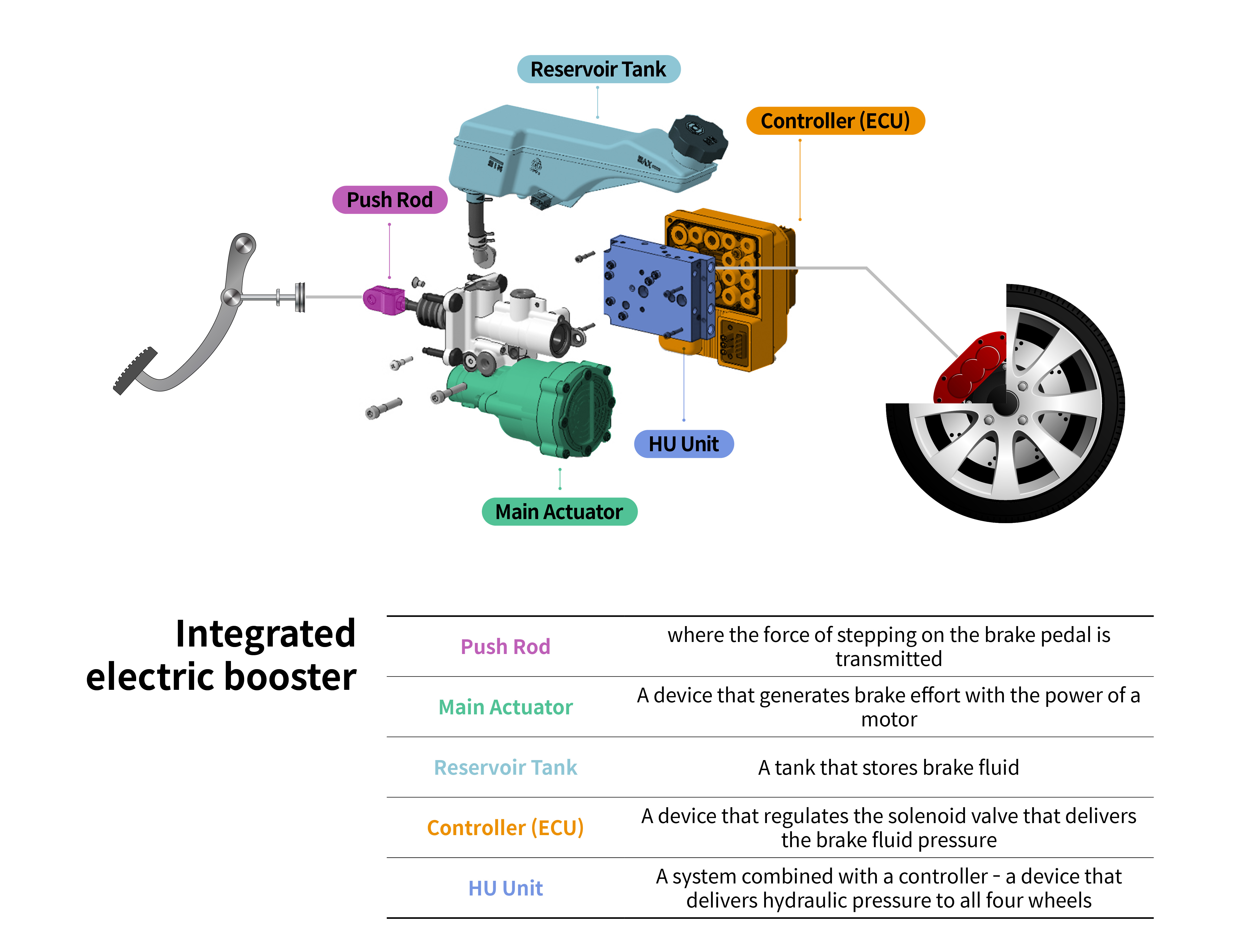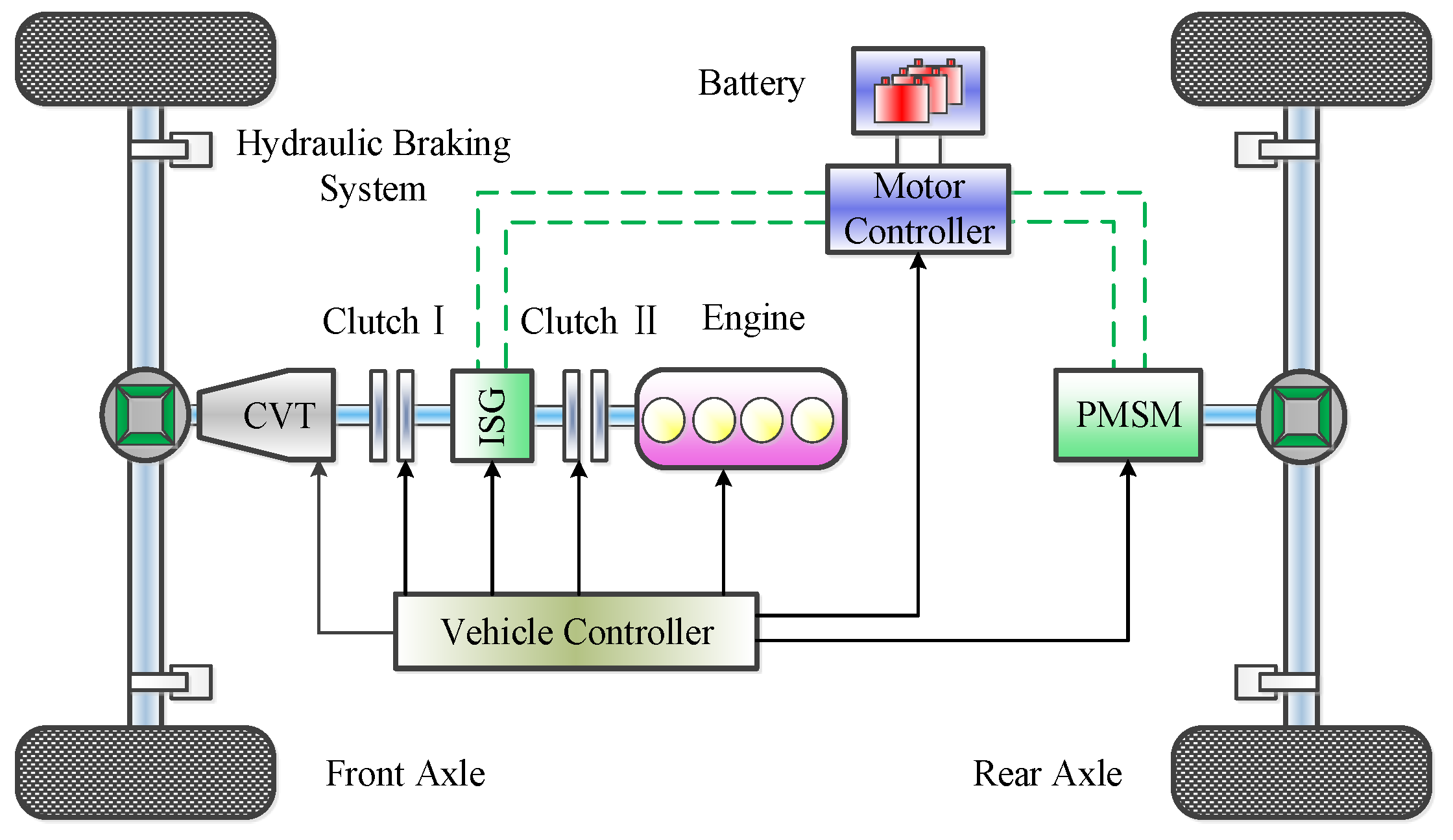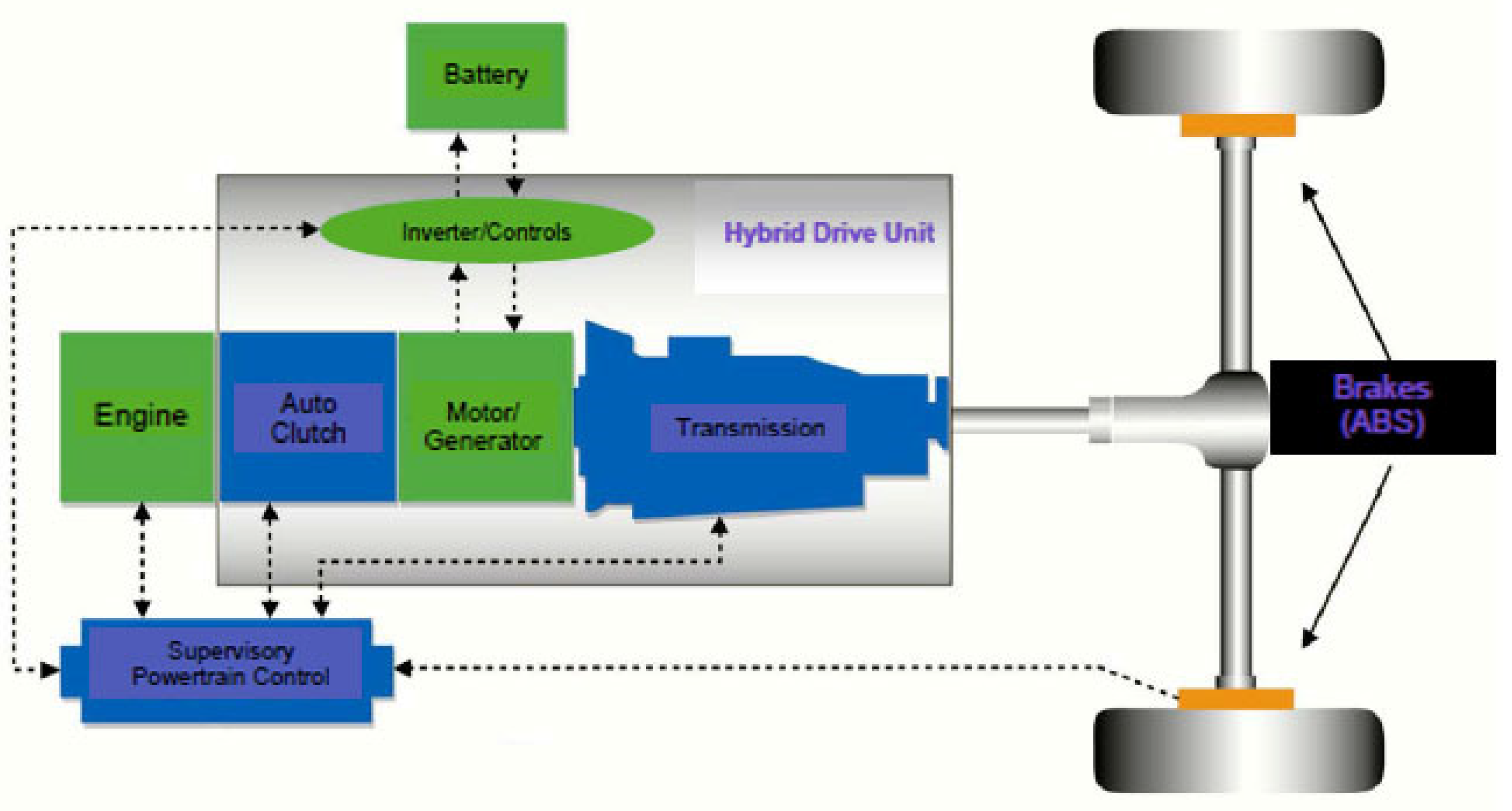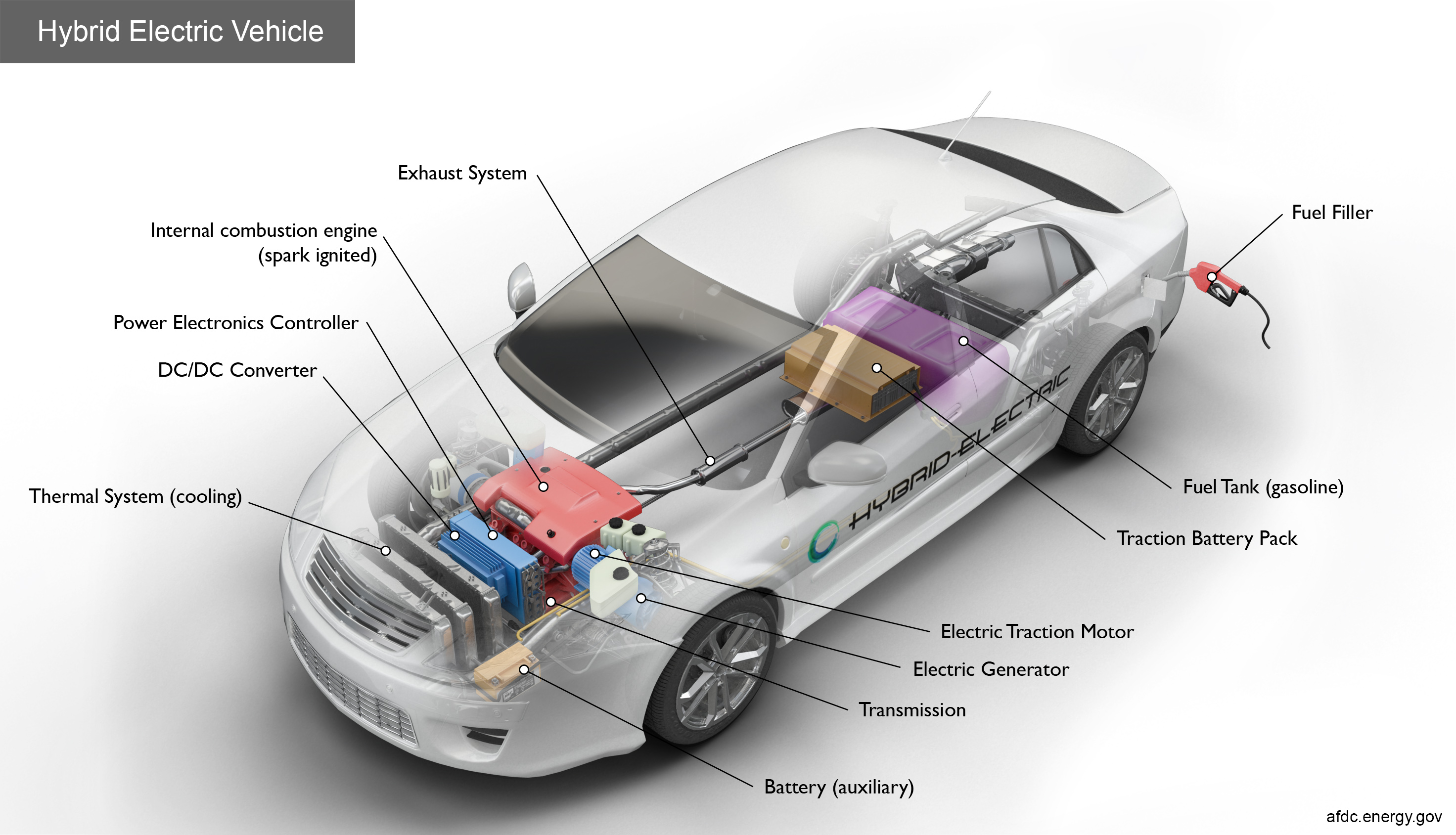Low battery
Battery level is below 20%. Connect charger soon.
This comprehensive ev vs … · hybrid cars use regenerative braking, which converts kinetic energy into electrical energy to charge the battery, while traditional cars use friction brakes that convert kinetic … By capturing energy that would otherwise be lost, hybrids reduce brake wear, lowering maintenance costs and … Ev braking systems offer several … Everyone knows hybrid cars are fuel-efficient — but if you pop the hood, you’ll quickly realize they’re very different beasts compared to traditional gas vehicles. · a toyota service tech claims that hybrid vehicles don’t just drive longer on the same tank of gas, but on the same brakes, too. A new video from paul turnbull, the lead engineer at munro & associates, serves as a great explainer detailing the differences between a parallel hybrid and a power-split or series-parallel … If you’re a diyer or mechanic … Hybrid electric vehicles (hevs) combine the benefits of gasoline engines and electric motors. · lower maintenance costs: · the benefits of regenerative braking extend beyond fuel savings. As a result, brake pads often have a longer … · as automakers chase greater fuel-economy gains for their hybrid models, some may be sacrificing braking distance in favor of squeezing out a few extra miles per gallon, … Hybrids typically have lower maintenance costs compared to gas-powered cars due to their regenerative braking system and reduced wear on … · though hybrids retain an internal-combustion engine, and thus avoid the range anxiety associated with evs, they differ from gas-only cars in some important ways. · the regenerative braking system in hybrids puts less wear on brake components compared to traditional gasoline powered vehicles. · as more consumers consider sustainability, fuel economy, and long-term ownership costs, understanding the core differences becomes vital. · the introduction and development of efficient regenerative braking systems (rbss) highlight the automobile industrys attempt to develop a vehicle that recuperates the … Gasoline vehicles operate solely on an internal combustion engine, while hybrid vehicles incorporate both an internal combustion engine and an electric motor. This is because these vehicles use regenerative braking … This combined approach … Fuel-efficient vehicles, such as hybrids and electric cars, have different brake systems than traditional gas-powered vehicles. They can be designed to meet different goals, such as better fuel economy or more power. Understanding the differences between the braking systems of evs and gas-powered cars can help you appreciate the benefits of ev ownership.




